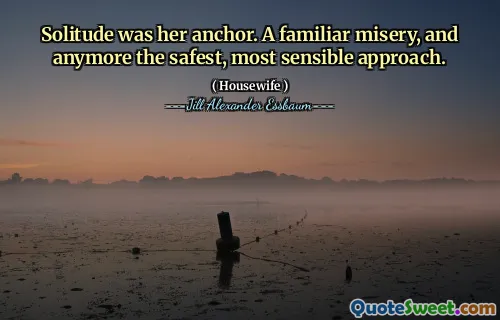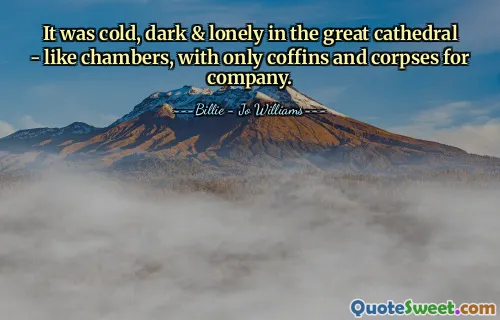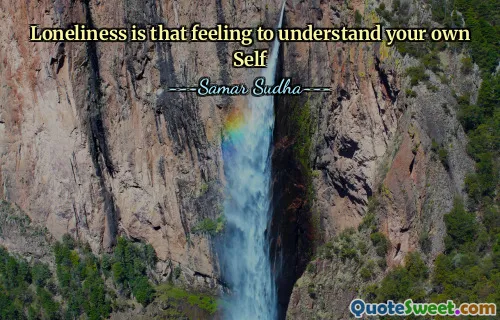I didn't want any flowers, I only wanted To lie with my hands turned upand be utterly empty.How free it is, you have no idea how free - The peacefulness is so big it dazes you,And it asks for nothing. ~ Tulips {1961}
In Sylvia Plath's poem "Tulips," the speaker expresses a deep desire for emptiness and a release from the burdens of life. She yearns for a state of being where she can lie still, devoid of any distractions or obligations, symbolized by the rejection of flowers, which often represent emotional ties and societal expectations. This emptiness brings a profound sense of freedom that the speaker finds overwhelming and liberating.
The speaker describes this freedom as immense, a peacefulness that is both exhilarating and disorienting. The concept of asking for nothing signifies a yearning for simplicity and a break from the chaos of life, suggesting that true peace can be found in a state of utter stillness. Through this exploration, Plath captures the complexities of desire, freedom, and the search for inner tranquility amidst the demands of existence.





